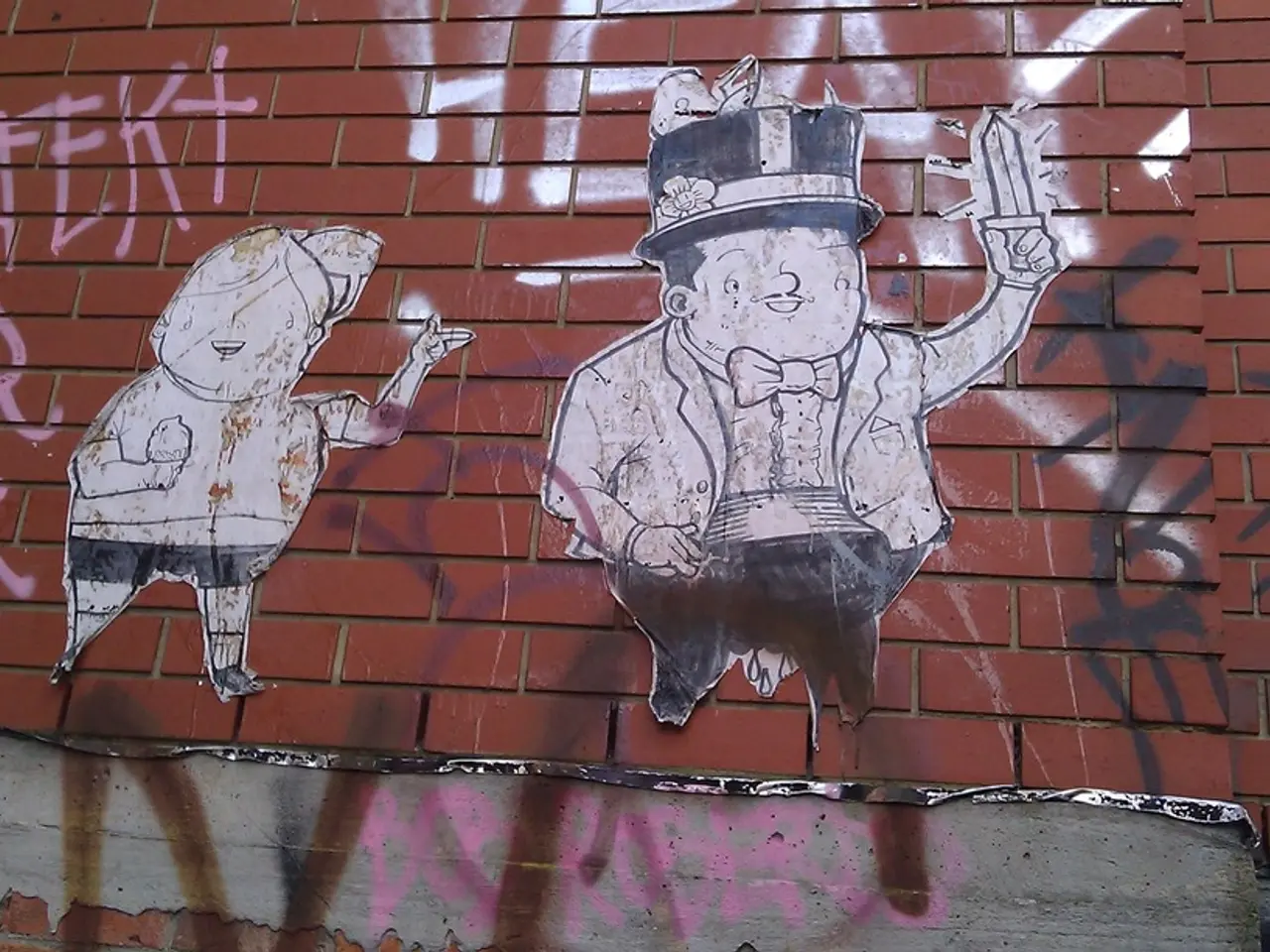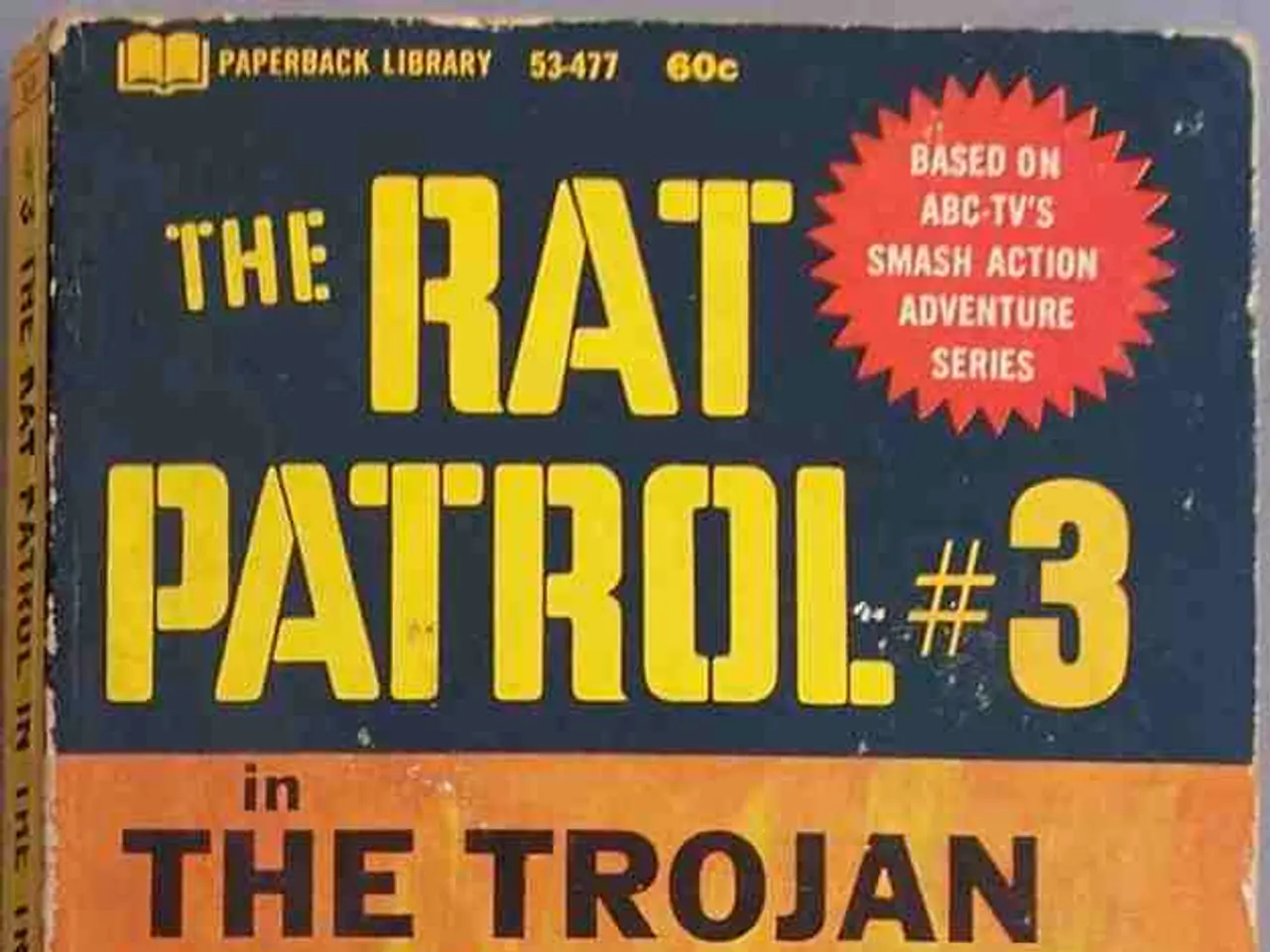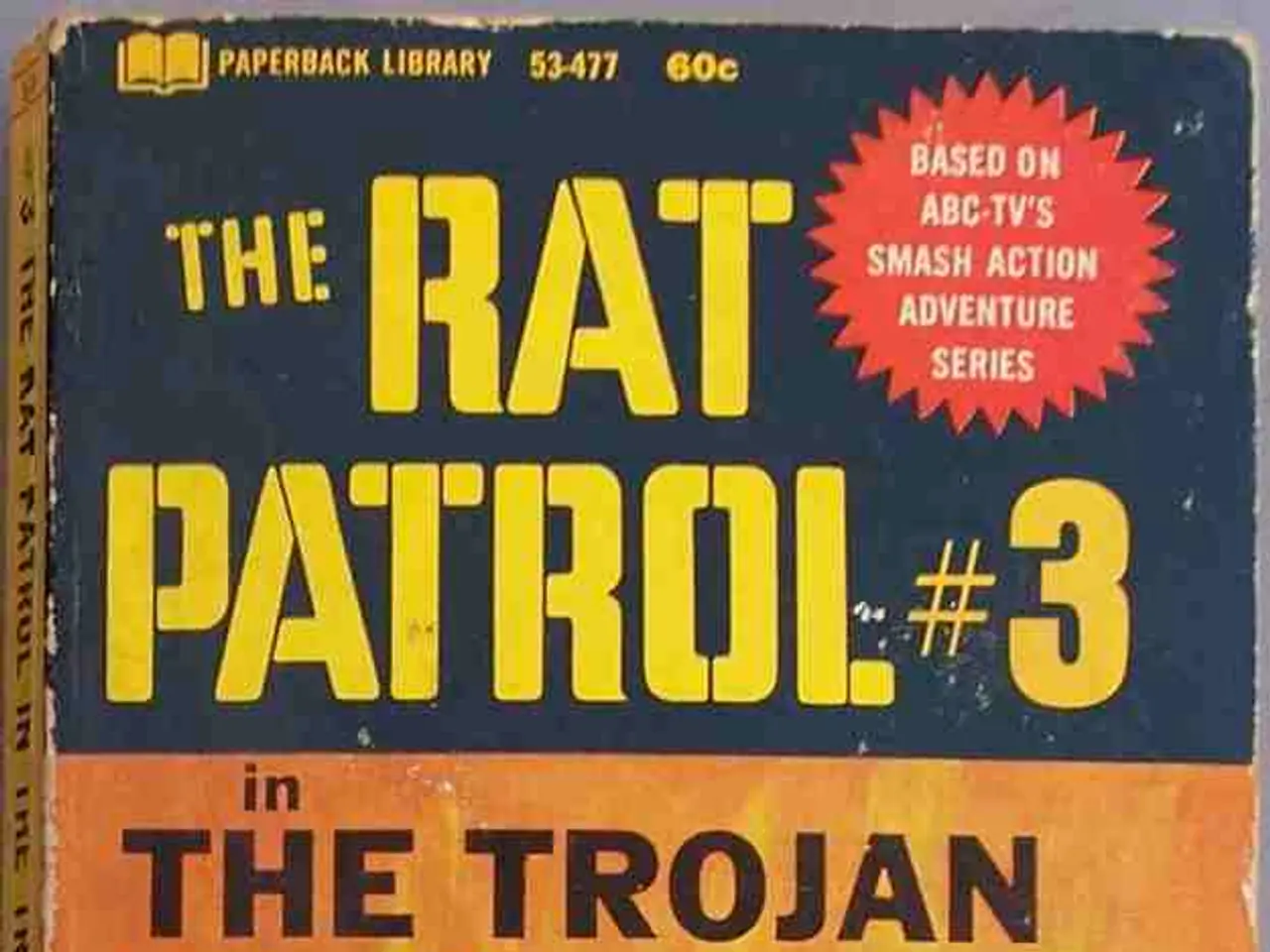Czech authorities prohibit the dissemination of communist propaganda
The Czech Republic has taken a controversial step in its post-communist journey by amending its criminal code to equate communist propaganda with Nazi propaganda. The new law, signed by President Petr Pavel in July 2023, became effective from January 1, 2026.
The amendment, which places communist ideology on the same footing as Nazi ideology, imposes prison sentences of up to five years for anyone who establishes, supports, or promotes Nazi, communist, or similar totalitarian movements aiming to suppress human rights or incite hatred.
The move reflects a longstanding effort since the 1989 Velvet Revolution to hold communism accountable as a totalitarian regime responsible for human rights abuses. The amendment was driven by anti-communist forces, including historians from the Institute for the Study of Totalitarian Regimes and politicians in the current pro-European coalition government led by Prime Minister Petr Fiala. Supporters see the law as correcting a legal imbalance that allowed communist ideology relatively more tolerance compared to Nazism.
However, the law is not without controversy. The Communist Party of Bohemia and Moravia (KSČM), one of Europe’s last still-active communist parties, has called the law politically motivated and an attempt to intimidate left-wing critics of the current regime. They argue that the amendment equates communism unfairly with Nazism and fascism, imposing severe symbolic penalties such as banning the public display of communist symbols like the hammer and sickle with the same severity as swastikas.
The KSČM's leader, Konecna, views the amendment as a political attack on her party by the current Czech government. She has stated that the KSČM will not be intimidated, even if threatened or imprisoned. The party entered the European Parliament after the 2024 EU elections as part of the left-wing Stacilo! coalition.
The broader implication is that Czech anti-communism remains deeply entrenched and politically potent, reflecting the traumatic Soviet-era communist dictatorship's legacy. The law also signals a growing intolerance in some parts of Europe toward communist ideology, especially in countries that experienced Soviet domination. The measure could have chilling effects on political expression and leftist opposition, with some viewing it as repression aligned with capitalist interests.
The amendment was initiated by Martin Mejstrik, a former leader of student protests during the Velvet Revolution and later a Czech senator. Mejstrik, who served as chief of staff of the Czech military and as chairman of the NATO military committee, led the charge to hold communism accountable for its human rights abuses.
However, the law has not gone unchallenged. Critics describe the amendment as an example of equating two extremes ("the theory of the two extremes") and a distortion of history, especially given the Soviet role in liberating Prague from Nazism in 1945. Russian politicians have spoken out about the new Czech rules, with Vyacheslav Volodin, the chairman of the Russian Federation’s parliament, the Duma, claiming that the amendment is being used to question, accuse, and condemn Russia.
In summary, the background is rooted in the Czech Republic’s post-communist historical reckoning and legal continuity with anti-totalitarian norms. The implications include legal equivalence and harsh penalties against communist propaganda akin to Nazi ideology, political controversies around freedom of expression and historical interpretation, possible marginalization or legal challenges to remaining communist political groups like KSČM, and the reflection of wider European post-communist sentiments and policies toward communist ideology.
- The amendment to the Czech Republic's criminal code, signed by President Petr Pavel in July 2023, places communist ideology on par with Nazi ideology, a move that reflects the government's commitment to policy-and-legislation focusing on accountability for human rights abuses under totalitarian regimes.
- The European Parliament welcomed a left-wing coalition, including the Communist Party of Bohemia and Moravia (KSČM), after the 2024 EU elections, amidst controversy surrounding the new Czech law equating communist propaganda with Nazi propaganda.
- The law, which imposes prison sentences for anyone supporting or promoting Nazi, communist, or similar totalitarian movements, has been criticized as an example of the theory of the two extremes, distorting history, and potentially becoming a tool for repressing political expression and leftist opposition.
- The amendment, part of the Czech Republic's post-communist historical reckoning, could signal a growing intolerance toward communist ideology in Europe, particularly in countries that experienced Soviet domination, affecting societal discourse and human rights discussions on the continent.





